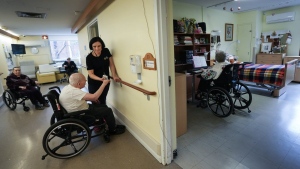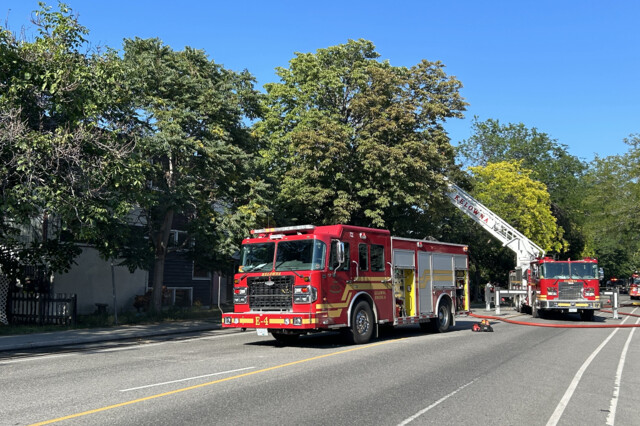Cultural LTC Admissions Drying Up in Ontario Due to New Priority Rules
The long-term care (LTC) system in Ontario has been facing significant changes in recent months, particularly when it comes to admissions. As a result, cultural LTC admissions have been drying up, causing concern among many communities.
The new priority rules, which were implemented in January, prioritize those with the highest care needs for admission into LTC homes. This means that individuals who require a higher level of care, such as those with dementia or complex medical needs, are given priority over others.
While this change was intended to improve the overall quality of care in LTC homes, it has had unintended consequences for cultural communities. Many of these communities have a strong tradition of caring for their elderly at home, and only turn to LTC homes as a last resort. As a result, they may not have the same level of care needs as those who have been given priority under the new rules.
This has led to a decrease in cultural LTC admissions, as these individuals are now being placed on waitlists while those with higher care needs are admitted first. This has caused frustration and concern among cultural communities, who feel that their traditions and values are not being taken into consideration.
In response to these concerns, the Ontario government has announced that they will be reviewing the new priority rules and their impact on cultural communities. They have also stated that they are committed to working with these communities to find solutions that address their unique needs.
In the meantime, cultural communities are urging the government to consider a more holistic approach to LTC admissions, one that takes into account cultural values and traditions. They argue that this will not only benefit their communities, but also improve the overall quality of care in LTC homes.
As the situation continues to unfold, it is clear that there is a need for further dialogue and collaboration between the government and cultural communities. It is important that all voices are heard and that solutions are found that prioritize the well-being and dignity of all individuals in need of LTC.




